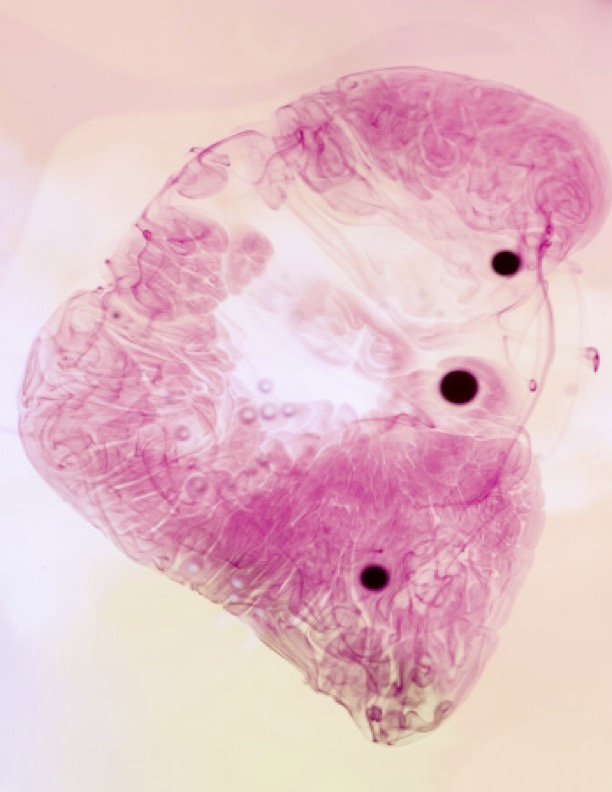HELLP Syndrome: a biopsychosocial case report
DOI:
https://doi.org/10.33178/SMJ.2024.1.11Keywords:
HELLP Syndrome, Case ReportAbstract
This case concerns a 30 year old female patient (HS), G2P1 (2 gravidity, 1 parity), who was admitted to the high dependency unit at Cork University Maternity Hospital in Cork, Ireland at 37 weeks and 1 days’ gestation. She was admitted after experiencing a 5 minute tonic-clonic seizure at home with no obvious relieving factors. Relevant positive symptoms included nausea, headache, and right hypochondrial pain. Relevant negative symptoms included denying tongue biting, incontinence, speech or visual disturbances, sensory or mental aura, vomiting and cyanosis. There were no drugs, trauma, recent illness or history of previous seizures. On examination, HS was confused and displayed signs consistent with pregnancy. In addition, a focused examination revealed hypertension, hyperreflexia, right hypochondrial pain, and lower limb oedema. The investigations included a urine dipstick, CT scan and blood tests which showed anaemia, low platelets and proteinuria. The history, examination and investigations in this case were consistent with a presentation of HELLP (haemolysis, elevated liver enzymes and low platelets) syndrome. In this case report, the biopsychosocial aspects of the patient’s recovery are discussed.
References
Wade DT, Halligan PW. The biopsychosocial model of illness: a model whose time has come. Clin Rehabil. 2017;31(8):995–1004.
Engel GL. The clinical application of the biopsychosocial model. Am J Psychiat. 1980;137(5):535–44.
Portis R, Jacobs MA, Skerman JH, Skerman EB. HELLP syndrome (hemolysis, elevated liver enzymes, and low platelets) pathophysiology and anesthetic considerations. Aana J. 1997;65(1):37–47.
Fox R, Kitt J, Leeson P, Aye CYL, Lewandowski AJ. Preeclampsia: Risk Factors, Diagnosis, Management, and the Cardiovascular Impact on the Offspring. J Clin Medicine. 2019;8(10):1625.
Haram K, Svendsen E, Abildgaard U. The HELLP syndrome: Clinical issues and management. A Review. Bmc Pregnancy Childb. 2009;9(1):8.
Kaur AP, Kaur N, Dhillon SPS. HELLP syndrome and its implications on maternal and perinatal outcome. Int J Reproduction Contracept Obstetrics Gynecol. 2017;7(3):1007–11.
Wallace K, Harris S, Addison A, Bean C. HELLP Syndrome: Pathophysiology and Current Therapies. Curr Pharm Biotechno. 2018;19(10):816–26.
Easterling T, Mundle S, Bracken H, Parvekar S, Mool S, Magee LA, et al. Oral antihypertensive regimens (nifedipine retard, labetalol, and methyldopa) for management of severe hypertension in pregnancy: an open-label, randomised controlled trial. Lancet. 2019;394(10203):1011–21.
Barton JR, Sibai BM. Gastrointestinal Complications of Pre-eclampsia. Semin Perinatol. 2009;33(3):179– 88.
Morrison JJ, Crosby DA, Crankshaw DJ. In vitro contractile effects of agents used in the clinical management of postpartum haemorrhage. Eur J Pharmacol. 2016;789:328–33.
Kidner MC, Flanders-Stepans MB. A Model for the HELLP Syndrome: The Maternal Experience. J Obstetric Gynecol Neonatal Nurs. 2004;33(1):44–53.
Pampus M van, Wolf H, Schultz WW, Neeleman J, Aarnoudse J. Posttraumatic stress disorder following preeclampsia and HELLP syndrome. J Psychosom Obst Gyn. 2004;25(3–4):183–7.
Bedaso A, Adams J, Peng W, Sibbritt D. The relationship between social support and mental health problems during pregnancy: a systematic review and meta-analysis. Reprod Health. 2021;18(1):162.
Aziato L, Odai PNA, Omenyo CN. Religious beliefs and practices in pregnancy and labour: an inductive qualitative study among post-partum women in Ghana. Bmc Pregnancy Childb. 2016;16(1):138.
Heitzman J. Impact of COVID-19 pandemic on mental health. Psychiatr Pol. 2020;54(2):187–98.

Downloads
Published
License
Copyright (c) 2024 Felicia Deonarine

This work is licensed under a Creative Commons Attribution-NonCommercial 4.0 International License.









